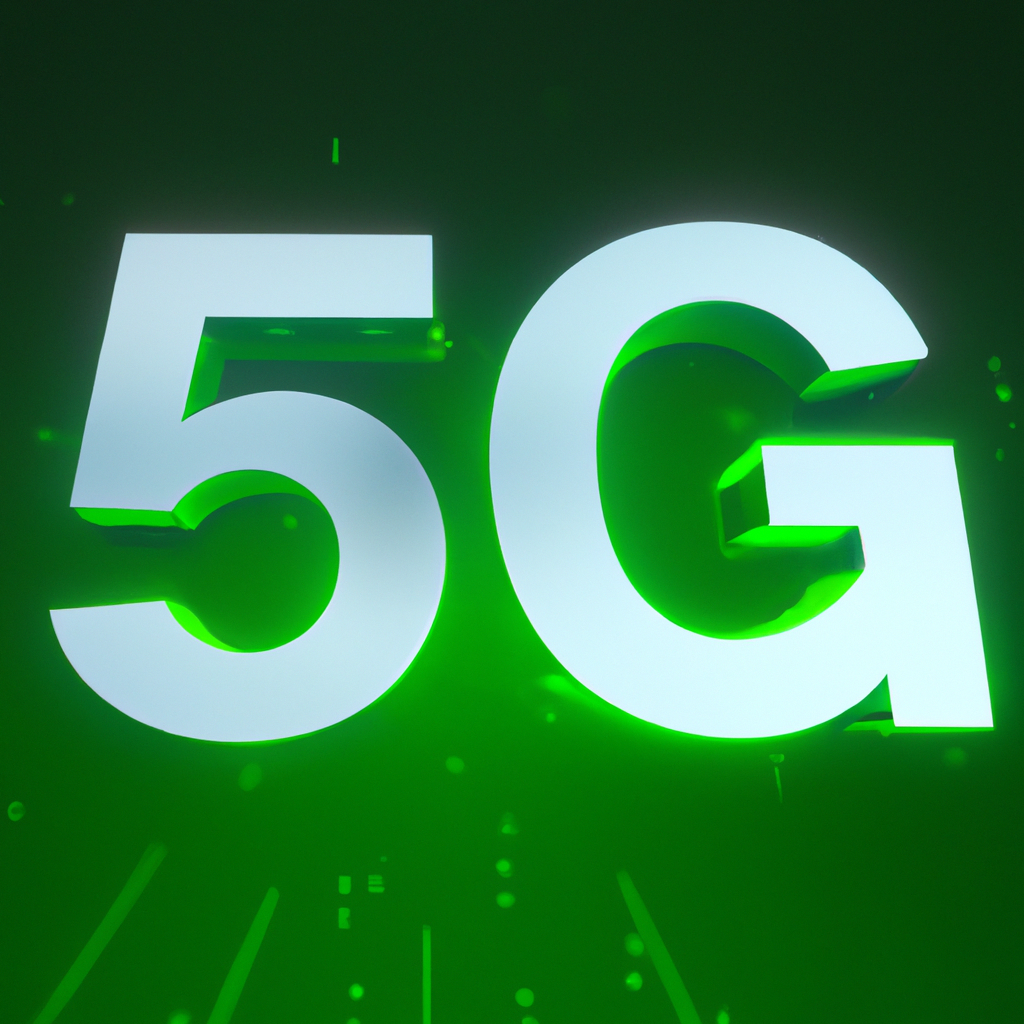5G technology is the next generation of wireless networks that promises to revolutionize the future of communication. This network is expected to bring faster speeds, improved reliability, and more efficient connectivity to various devices. The role of 5G technology in the future of communication is significant, as it is set to transform the way we interact with each other and the world around us. In this article, we will dive into the details of 5G technology, its benefits, capabilities, and impact on the future of communication.
What is 5G technology?
5G technology is the fifth generation of wireless technology that provides faster speeds, lower latency, and improved reliability compared to its predecessors. It uses a higher frequency spectrum, which allows for more data to be transmitted at a faster rate. This technology promises to deliver up to 100 times faster speeds than 4G networks, with download speeds of up to 20 gigabits per second. 5G technology also offers better connectivity for multiple devices, allowing for more efficient use of the network.
5G networks and devices
5G networks are already being rolled out in many countries worldwide, with more expected to follow in the coming years. To access the benefits of 5G technology, users will need to have devices that are compatible with the network. Many smartphone manufacturers have already released 5G-enabled devices, with more expected to do so in the future. Other devices such as laptops, tablets, and IoT devices will also be able to connect to the 5G network, making them more efficient and capable of handling larger amounts of data.
5G benefits and advantages
There are several benefits and advantages to 5G technology. Some of these include:
1. Faster speeds: 5G networks have the potential to deliver speeds of up to 20 Gbps, which is significantly faster than 4G networks. This means that users can download large files and stream high-quality videos quickly and without interruption.
2. Lower latency: 5G technology offers lower latency, which means that there is less lag between when a user requests data and when it is received. This is especially important for applications such as online gaming, where even a small delay can affect the player’s performance.
3. Improved reliability: 5G networks are designed to be more reliable than previous generations of wireless networks, with fewer dropped calls and faster connections.
4. More efficient connectivity: 5G technology allows for more efficient connectivity for multiple devices, which means that more devices can connect to the network without affecting performance.
5. Improved battery life: 5G technology is designed to use less power than previous generations of wireless networks, which means that devices can have longer battery life.
5G capabilities and features
5G technology offers several capabilities and features that make it an essential part of the future of communication. Some of these include:
1. Network slicing: 5G technology allows for network slicing, which means that different parts of the network can be allocated to different applications. This ensures that applications with high bandwidth requirements can be given priority, ensuring that they work smoothly without affecting other applications.
2. Massive IoT: 5G technology allows for more efficient connectivity for IoT devices, which means that more devices can be connected to the network without affecting performance.
3. Ultra-reliable low latency communication: 5G technology offers ultra-reliable low latency communication, which means that applications such as autonomous vehicles and remote surgery can be done with minimal delay and without interruption.
4. Enhanced mobile broadband: 5G technology offers enhanced mobile broadband, which means that users can access high-speed internet on their mobile devices without the need for Wi-Fi.
5G impact on the future of communication
The impact of 5G technology on the future of communication is significant. It will enable new applications and use cases that were not possible with previous generations of wireless networks. For example, it will enable the widespread adoption of IoT devices, which will lead to improved automation and efficiency in various industries. It will also enable the development of new applications such as augmented and virtual reality, which will transform the way we interact with the world around us. 5G technology will also play a significant role in the development of smart cities, where various devices and systems will be connected to improve efficiency and sustainability.
Conclusion
The role of 5G technology in the future of communication is significant. It offers faster speeds, improved reliability, and more efficient connectivity for multiple devices. The technology offers several benefits and advantages, including lower latency, improved battery life, and more efficient connectivity. It also offers several capabilities and features that make it an essential part of the future of communication. As 5G networks continue to be rolled out worldwide, we can expect to see new applications and use cases that were not possible with previous generations of wireless networks.







